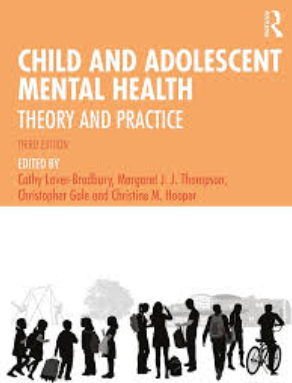Dialectical behavior therapy for nonsuicidal self-injury and depression among adolescents: preliminary meta-analytic evidence
Abstract
Background
Dialectical behavior therapy (DBT) has proven effective in reducing symptoms and behaviors related to Borderline Personality Disorder. More recently, it has been modified and applied to adolescents struggling with regulating their emotions and who may engage in impulsive, self-destructive behaviors, including nonsuicidal self-injury (NSSI). However, there is limited research evidence regarding the effectiveness of DBT for reducing NSSI behavior and depression among adolescents. Given the high suicide risk associated with NSSI and its association with depression, this is clearly an important focus of clinical and research attention.
Method
This meta-analysis sought to offer preliminary evidence regarding the effectiveness of DBT to treat NSSI and depression in adolescents. Twelve published studies were included; all 12 reported pre- and post-treatment measures of depression and six of these studies reported pre- and post-treatment measures of NSSI.
Results
The weighted mean effect size for NSSI was large (g = 0.81, 95% CI = 0.59–1.03); the weighted mean effect size for depression was small (g = 0.36, 95% CI = 0.30–0.42).
Conclusions
Intervention effects for both outcomes were positive, suggesting decreased NSSI and improvement in depressive symptoms for adolescents following a course of DBT. However, given considerable limitations in the research base available for meta-analysis, these findings are preliminary and tentative. Limitations in the current knowledge base and suggestions for future research are discussed.

 求助内容:
求助内容: 应助结果提醒方式:
应助结果提醒方式:


